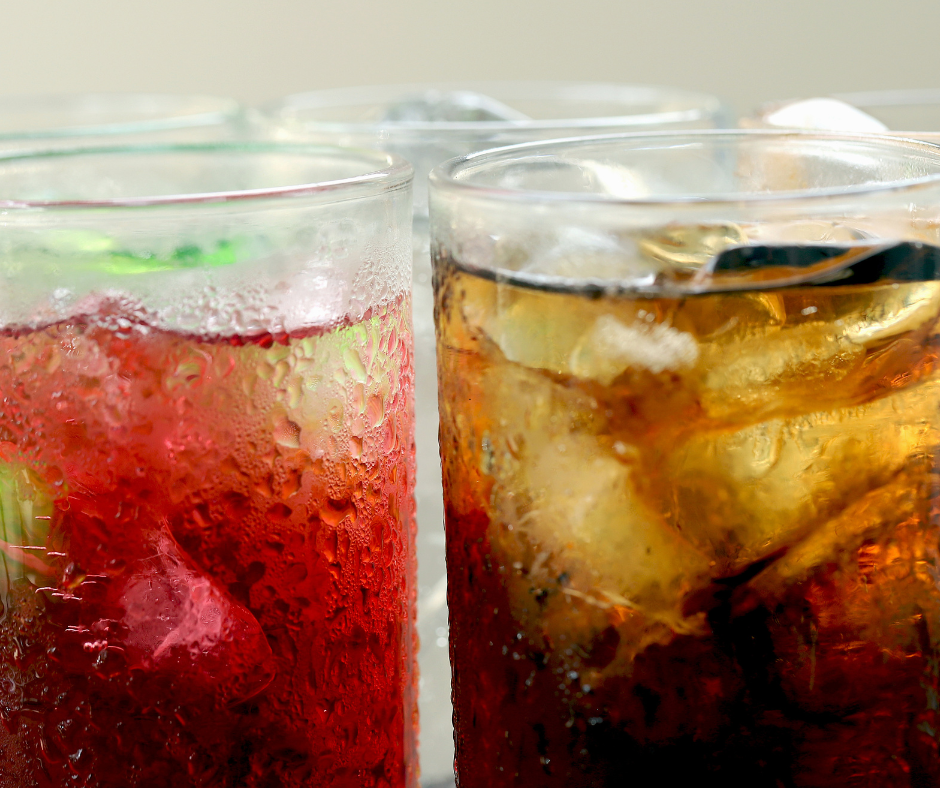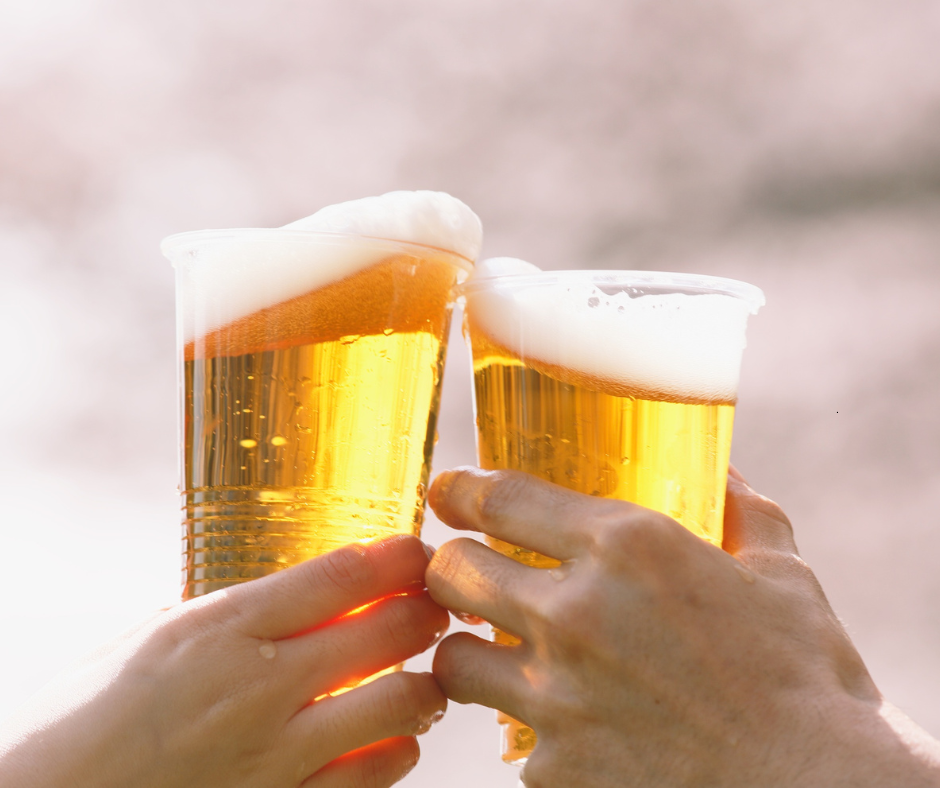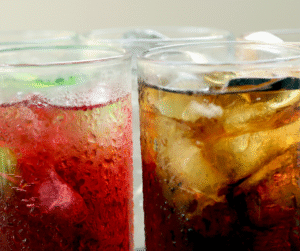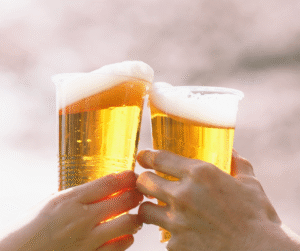You’re mid-service on a busy Friday night, and suddenly, one of the taps stops pouring. The line has frozen. It’s a frustrating moment—beer wasted, customers waiting, and revenue on hold. But can beer really freeze?
The answer is yes. While beer freezes at a lower temperature than water due to its alcohol content, it’s not immune to cold cellar setups, faulty chillers, or outdoor events in winter. When draught systems aren’t carefully managed, beer freezing becomes a very real risk.
What To Know:
- The freezing points of different beer types and why they vary
- What causes beer to freeze in draught systems
- The impact of frozen beer on flavour, quality, and hardware
- How to prevent frozen beer lines in bars, breweries, and mobile setups
- How gas purity and system design affect temperature stability
- How Sure Purity’s filtration products support smooth, consistent dispensing
In this guide, we’ll explain exactly what temperature beer freezes at, how different types of beer behave in the cold, and why your setup matters. We’ll also share practical ways to stop your draught lines freezing, including how high-purity gas systems like Sure Purity’s Carboguard help keep things flowing smoothly.
At What Temperature Does Beer Freeze?
Beer doesn’t freeze at 0°C like water. Thanks to its alcohol content, most beers freeze between –2°C and –3°C. But this isn’t a fixed number. The exact freezing point depends on the strength of the beer—known as ABV (alcohol by volume).
The more alcohol a beer contains, the lower its freezing point. That’s why strong ales and imperial stouts are less likely to freeze than lagers or low-ABV session beers.
Here’s a quick comparison of freezing points:
| Beer Type | Typical ABV (%) | Approx. Freezing Point (°C) |
| Water | 0% | 0°C |
| Light Lager | 4.0% | –2.0°C |
| Standard Ale | 5.0% | –2.5°C |
| IPA | 6.5% | –2.8°C |
| Imperial Stout | 8.0%+ | –3.0°C to –4.0°C |
In kegged draught systems, keeping the beer storage temperature safely above this range is essential. If your cellar or glycol system dips below freezing—even briefly—you risk ruining the beer and damaging your equipment.
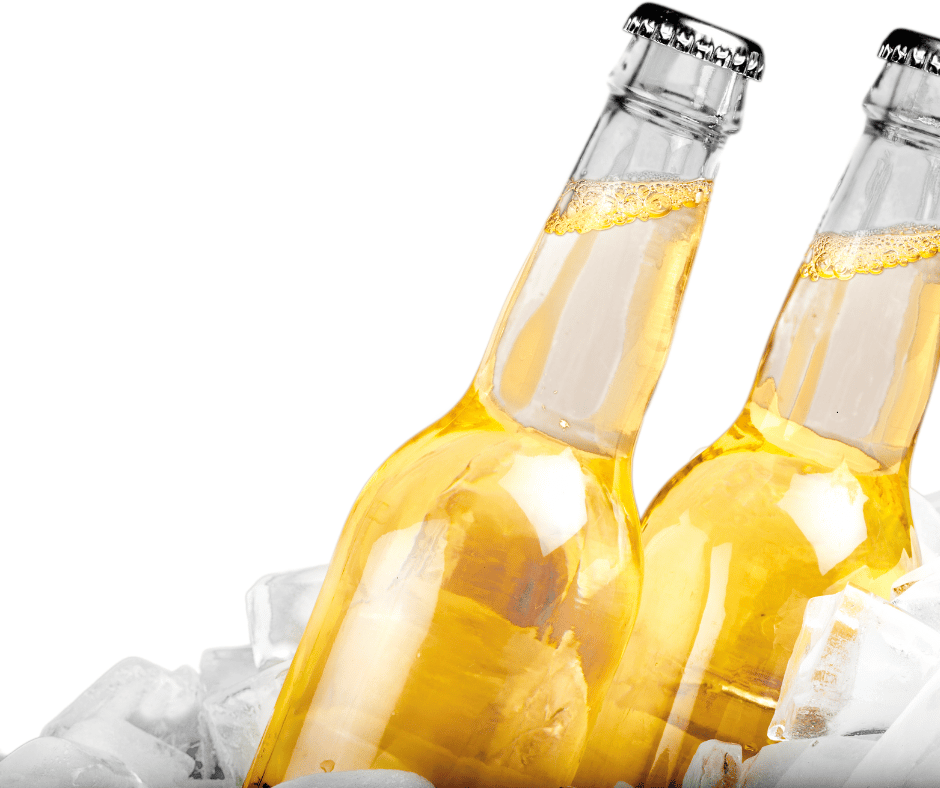
Can Beer Freeze in a Keg or Line?
Yes – beer can freeze in kegs, lines, and cellar equipment. And when it does, it doesn’t just stop service. It can lead to wasted stock, damaged systems, and unhappy customers.
Common Causes of Frozen Draught Beer
Freezing usually results from one of the following:
- Overcooled cellars: Cellar temperatures dipping below 0°C, even briefly, can push beer below its freezing point.
- Malfunctioning chillers or glycol systems: Faulty cooling units can overcompensate and over-chill lines.
- Lack of temperature monitoring: Without regular checks, it’s easy for systems to creep into unsafe ranges. Especially overnight or during low-activity periods.
What Happens When Beer Freezes?
When beer freezes, it expands. This can:
- Cause foamy, unstable pours as carbonation separates and gas escapes.
- Leave sediment or ice flakes in the line, spoiling clarity and taste.
- Burst beer lines or damage couplers and taps due to pressure build-up.
- Lead to flavour degradation and flat beer once thawed.
- Lower CO₂ pressure, requiring system recalibration and risking inconsistent pours.
This isn’t just a winter problem. Overactive chillers or poorly insulated lines can cause freeze-ups in summer too. This is more prevalent in long-draw systems or bars with warm ambient conditions and cold glycol baths.
What Happens When Draught Beer Freezes?
Freezing doesn’t just chill beer. It changes the entire structure of the drink. When draught beer freezes, ice crystals form and separate the water from the alcohol and sugars. This disrupts the beer’s chemical structure.
Carbon dioxide (the gas responsible for bubbles and mouthfeel) escapes during the freeze-thaw cycle. As a result, the beer becomes flat, dull, and often unusable. Beyond carbonation loss, freezing breaks down proteins and cell structures in the beer.
This affects the foam stability and clarity. Even if the beer thaws, it rarely returns to its original condition. You’ll often notice a metallic, sour, or oxidised taste, especially in more delicate styles like lagers or pale ales.
If beer freezes in a line, it causes serious operational issues:
- Lines can be blocked for hours, halting service completely.
- Foam and sediment buildup continue long after thawing, affecting quality.
- Pressure balance is lost, requiring recalibration of your CO₂ system.
In many cases, the beer must be dumped, the lines flushed, and the system rebalanced—a costly and time-consuming process for any bar or brewery.
Tips to Prevent Frozen Draught Beer
Frozen beer disrupts service, spoils stock, and damages equipment. Fortunately, it’s easy to avoid with the right setup and routine checks. Use these practical tips to keep your draught system running smoothly:
- Keep your cellar temperature stable
Aim for a range between 11–13°C. Temperatures below 0°C put kegged beer at risk of freezing, especially overnight. - Regularly check glycol chiller settings
Incorrect glycol settings can overchill long-draw lines. Ensure your system is set within the correct limits for beer, not soft drinks. - Monitor CO₂ pressure carefully
Sudden drops in pressure can lead to flash freezing in the lines. Weekly pressure checks help catch issues early. - Insulate exposed beer lines
Lines that run near exterior walls or through cold rooms should be properly insulated to avoid temperature shock. - Avoid placing kegs next to cooling fans
Direct airflow from chillers can cause surface freezing on kegs. Keep a safe buffer between fans and product. - Install remote temperature sensors
Use digital sensors or smart monitoring tools in fridges, cellars, and line systems. This gives early warning of dangerous temperature shifts.
Even well-maintained systems can be caught out by temperature fluctuations. Proactive monitoring and smart insulation are your best defence against the downtime and waste caused by freezing.
How Gas Filtration Can Help Prevent Freezing-Related Damage
When beer freezes in the lines, most people blame the temperature. But poor-quality gas can quietly play a big role too, especially if it contains moisture or chemical impurities.
Unfiltered CO₂ or mixed gas can introduce traces of water, sulphur compounds, or hydrocarbons into your dispense system. In cold conditions, this moisture condenses inside regulators, valves, or lines, increasing the risk of freezing or pressure fluctuations.
That’s where Sure Purity’s Carboguard and Carboguard Mini filters come in. These high-performance Co2 polishing systems are designed specifically for beverage applications, removing harmful contaminants at the point of dispense.
By ensuring only clean, dry, food-grade gas enters your system, you benefit from:
- Stable, consistent pressure that prevents CO₂ dropouts or surges.
- Reduced risk of ice forming inside cold regulators or beer lines.
- Compliance with ISBT and EIGA gas purity standards, meeting the highest safety and performance benchmarks.
- Extended equipment lifespan, as filters help prevent internal corrosion and frost damage.

And unlike traditional filters, Carboguard units offer long service life—up to 12 months—which means fewer changes, lower waste, and better protection all year round.
Whether you’re dealing with winter chill or overzealous summer cooling, gas filtration is a smart, often overlooked safeguard that protects both your system and your beer.
What To Do If Your Draught System Freezes
If your draught system freezes, don’t panic—but act quickly to minimise downtime and waste. Follow these steps to recover safely and protect your equipment:
- Power down your cooling system
Immediately switch off any chillers or cooling units connected to the frozen lines. This stops further damage and allows the system to start warming naturally. - Let the lines thaw gradually
Avoid applying heat directly. Allow frozen beer lines or kegs to thaw slowly at room temperature. Forced heating can cause cracks, line bursts, or further pressure fluctuations. - Sanitise thoroughly before reuse
Once thawed, clean and sanitise all affected lines, couplers, and taps. Freezing can disturb sediment and allow bacterial growth, so a full line clean is essential before serving again. - Test the beer before serving
Even if the beer looks fine, always check for clarity, carbonation, and taste. Frozen beer may lose flavour or suffer from protein separation, making it unpleasant or unsafe to serve.
Important warning:
Never serve previously frozen beer without proper testing. If in doubt, it’s safer to discard it than risk disappointing customers or damaging your reputation.
Prevention beats repair
While you can recover from frozen lines, prevention is faster, cheaper, and better for beer quality. Proper temperature control, line maintenance, and filtered gas will help keep your system running smoothly. No matter the season.
Protect Your Beer from the Cold
Yes, beer can freeze. When it does, the damage isn’t just to the drink. From burst lines and lost stock to hours of downtime, freezing wreaks havoc across your entire draught system.
The most common causes? Poor temperature control and unstable gas pressure—often worsened by unfiltered CO₂ that introduces moisture and contaminants into the system.
Clean gas keeps pressure levels steady, reduces ice formation in regulators, and helps your draught system run smoothly in any season. Without wasting time, beer, or money.
Key Takeaways
- Beer freezes between –2°C and –3°C, depending on alcohol content.
- Freezing causes flavour loss, carbonation drop, and system damage.
- Lines, kegs, and regulators can all freeze, not just in winter.
- Stable cooling and clean CO₂ pressure are vital to prevention.
- Sure Purity filters protect your beer, equipment, and reputation.
If you want to protect your beer, your cellar, and your margins, prevention is everything. That means:
- Keeping cooling equipment regularly checked and calibrated.
- Monitoring PSI weekly—especially during seasonal shifts.
- Using gas filters like Sure Purity’s Carboguard and Carboguard Mini to ensure dry, food-grade CO₂ that supports stable, consistent performance.
Contact us today and protect your beer, brand and reputation.

